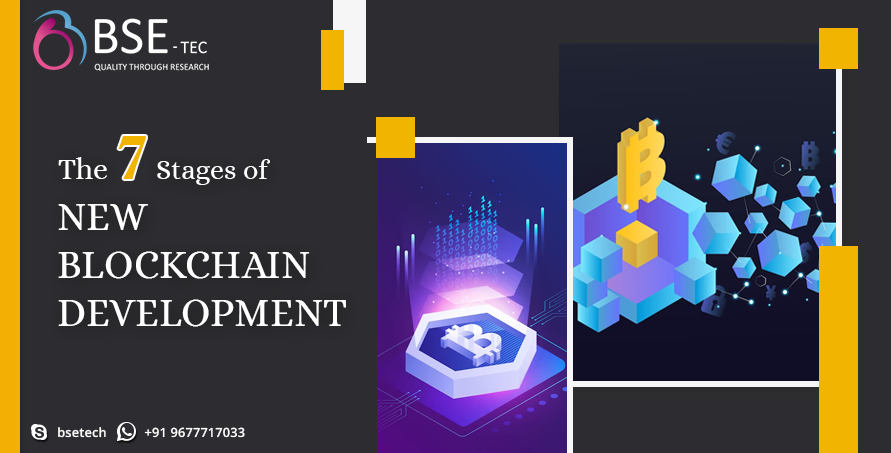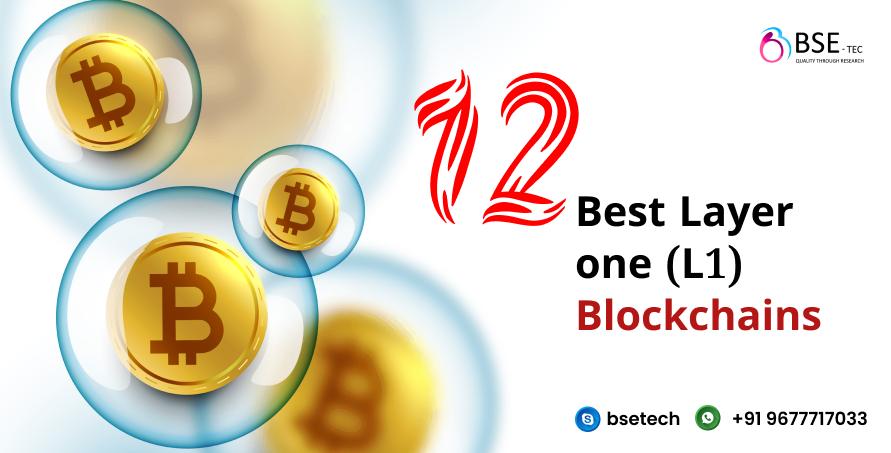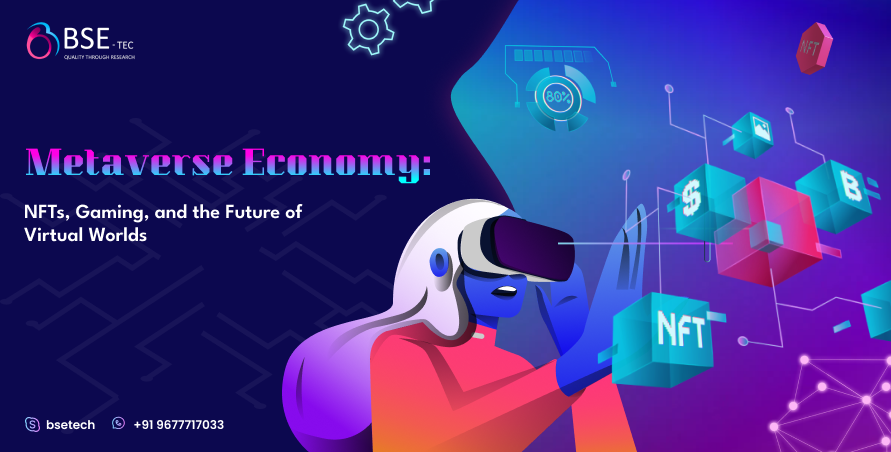
As blockchain technology continues to evolve, smart contracts are becoming an integral part of many businesses, and there are approximately 800 blockchain development companies in which each of which has smart contract developers. Now let’s see how to hire the best smart contract developer from a blockchain development company.
What is a smart contract?
Smart contracts are self-executing contracts with the terms of the agreement directly written into code that offer numerous advantages, including transparency, security, and efficiency. However, the successful deployment of smart contracts largely depends on the expertise of the developers behind them. Let us move to how to effectively hire smart contract developers for your project.
What are the programming languages used in general to build a smart contract?
One who is interested in becoming a smart contract engineer needs to have a skill set and knowledge in,
- Solidity: The most commonly used programming language for writing Ethereum smart contracts.
- Vyper: A Python-like language for Ethereum, emphasizing simplicity and security.
- Rust: Used in some blockchains like Solana for smart contract development.
From the perspective of development:
- Truffle Suite: A popular development framework for Ethereum, which includes tools for compilation, testing, and deployment.
- Remix IDE: An online IDE for Solidity contracts, allowing easy testing and debugging.
- Ganache: A personal blockchain for Ethereum development, where you can deploy and test contracts locally.
- Gas: A measure of computational work required to execute operations on the Ethereum network.
- Deployment: The process of uploading a smart contract to the blockchain.
- Events: Logging important actions that occur within a smart contract, which can be used to trigger reactions in decentralized applications (dApps).
- Security Considerations: Understanding common vulnerabilities such as reentrancy, overflow/underflow, and gas limit issues.
- Testing: Conduct thorough testing (unit tests, integration tests) to ensure the contract behaves as expected.
- Audit: Having contracts audited by professionals before deployment, especially for those handling significant value.
Applications of Smart Contracts:
- Decentralized Finance (DeFi): Automated protocols like lending, borrowing, and trading without intermediaries.
- NFTs: Creating and managing non-fungible tokens that represent ownership of unique assets.
- Supply Chain Management: Automatically enforcing and tracking agreements in supply chains.
How to hire smart contract developers?
The Key Points for Hiring Smart Contract Developers are,
Educational Background: Look for candidates with a degree in computer science, software engineering, or a related field that demonstrates a strong foundational understanding of programming, algorithms, and software development.
Technical Skills:
- Proficiency in Smart Contract Languages: Ensure candidates are skilled in Solidity, Vyper, or Rust, depending on your project’s requirements.
- Blockchain Knowledge: Familiarity with multiple blockchain platforms (e.g., Ethereum, Binance Smart Chain, Solana) can be advantageous.
- Development Tools: Experience with development frameworks and tools like Truffle, Hardhat, Remix, or Ganache.
Hiring smart contract developers requires a balance of technical expertise and soft skills. By focusing on the points above, you can find candidates who not only have the necessary skills but also fit well within your team and organization.
Understand What a Smart Contract Developer Does.
Before you start the hiring process, as
Step 1:
It’s essential to understand the role of a smart contract developer. They typically:
Write, test, and deploy smart contracts on blockchain platforms like Ethereum and Solana.
Ensure the security and efficiency of the code to prevent vulnerabilities.
Collaborate with various stakeholders, including project managers, designers, and developers, likely from any development company.
Step 2:
Clearly outline the scope of your project before searching for developers. Consider the following:
- Project Goals: What do you want to achieve with your smart contracts?
- Technology Stack: Which blockchain platform will you use? (e.g., Ethereum, Binance Smart Chain)
- Complexity: Is your project straightforward, or does it require advanced functionalities?
- Timeline: What is your project deadline?
Step 3:
When reviewing candidates, prioritize their experience and past projects. Look for:
- Portfolio: Ask for examples of previously deployed smart contracts. A strong portfolio showcases their skill set and problem-solving abilities.
- Technical Skills: Proficiency in languages like Solidity, Rust, or Vyper is crucial, depending on your chosen platform.
- Security Knowledge: Smart contract vulnerabilities can lead to significant financial losses, so ensure the developer has a good understanding of security practices.
Step 4:
Technical expertise is only part of the equation. Effective communication and collaboration are keys to a successful project. Look for developers who:
- Communicates clearly and can explain complex concepts in simple terms.
- Show a proactive approach to problem-solving.
- They are team players, capable of working with others to achieve common goals.
Step 5:
Conduct Technical Assessments
To guarantee that a candidate fulfills your technical requirements, consider implementing the following assessments:
- Coding Tests: Create real-world scenarios or challenges that reflect the work they will be doing.
- Interviews: Assess their knowledge of blockchain technology, smart contract standards, and practices.
- Security Scenarios: Present common vulnerabilities (like reentrancy attacks) and ask how they would address them.
Step 6:
Decide whether to hire a full-time developer, contract developer or work with a development agency. Most companies like BSEtec offer Full-time /Dedicated models wherein each option has its pros and cons:
- Full-Time Developer: Ideal for long-term projects; they become deeply integrated into your team.
- Contract Developer: Suitable for short-term projects; they can bring specific expertise without the commitment of a full-time hire.
- Development Agency: Offers a team of diverse specialists and can handle larger projects, but might be more expensive.
Step 7:
Before making a final decision, check the candidate’s references. Speaking with past employers or clients can provide insight into their work ethic, reliability, and overall performance.
Step 8:
To attract top talent, ensure your compensation package is competitive. Research industry standards for salaries and consider additional benefits like remote work options, flexible hours, and opportunities for professional development.
Step 9:
Once hired, create an environment where developers can thrive. Facilitate collaboration, encourage innovation, and provide opportunities for continuous learning. This approach can lead to higher job satisfaction and better results for your projects.
Final Thoughts:
If you’re looking to hire smart contract developers, it’s important to work with professionals who stay up to date with the latest in blockchain technology and best practices. Smart contracts require precision and deep technical know-how, and having the right team can make all the difference.
To get started, connect with BSEtec, a leading smart contract development company. Visit us or reach out via email or WhatsApp for 24/7 support. We’ll help bring your blockchain project to life, quickly and effectively.
Did you find this article useful? Let us know by leaving a comment below, or join us on Twitter and Facebook.


